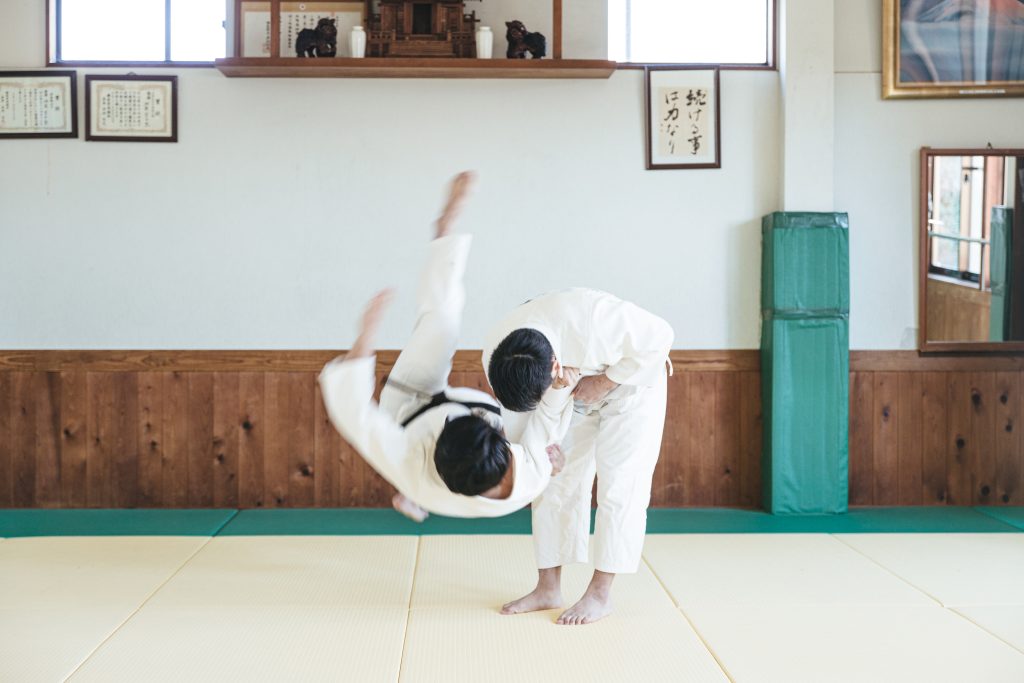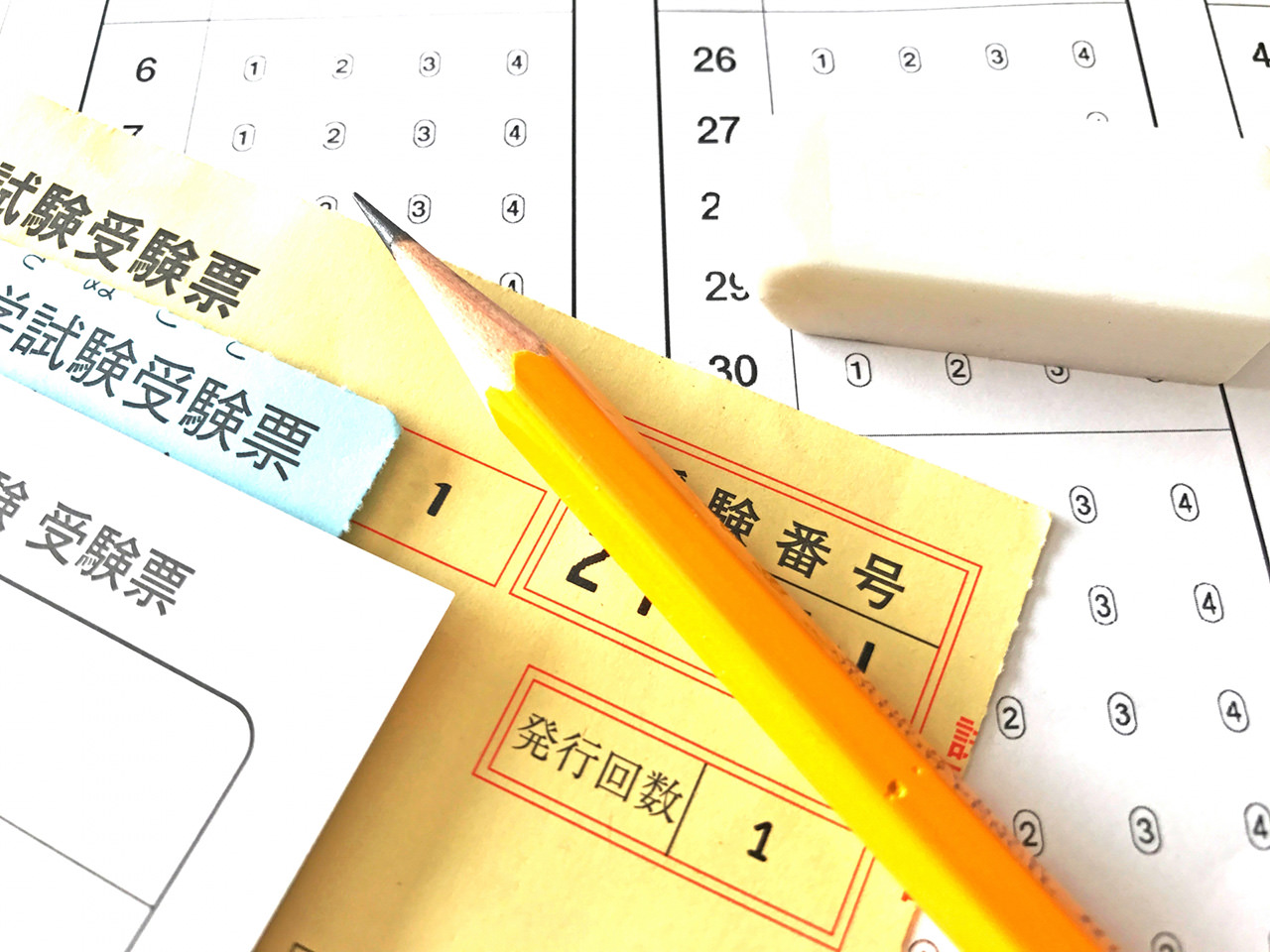How to prepare for job hunting in Japan
2022.09.29

As an international student in Japan, have you ever played with the thought of finding a job here? Of course, there are some international students who return to their home countries after graduating, but there are also many who would like to stay here after their studies. I also started job hunting from scratch with the aim of finding a job in Japan. However, as my job hunting progressed , I had a lot of regrets about not preparing for it earlier. In this article, I would like to introduce things that you should prepare in advance, before you start job hunting. I hope that it will be helpful to freshmen who are aiming to find a job in Japan.
Know the job-hunting schedule and required steps
Before you start job hunting, first you need to understand the Japanese job-hunting system. Students who are planning to graduate from university, graduate school, or vocational school will be doing “job hunting for new graduates” (shinsotsu shuukatsu). If you have questions about Japanese job hunting or what its unique characteristics and rules are, please refer to the article below.
Study Kyoto Magazine “Job-Hunting in Japan 101”
Japan Student Services Organization (JASSO) “Job Hunting Guide for International Students”
One of the most efficient ways to secure a job is by using job hunting websites. I personally recommend the following three job hunting sites: Mynavi, Rikunabi, and One Career. On the first two sites (Mynavi and Rikunabi) you can not only search for companies by industry, but you can also apply for internships and company informational sessions. On the other hand, One Career lets you read about other people’s experiences while applying to given companies, which can be helpful.
Mynavi https://job.mynavi.jp/2024/
Rikunabi https://job.rikunabi.com/2024/
One Career https://www.onecareer.jp/

Things to prepare during your first years of university
Normally, job hunting for new graduates starts about a year and a half before graduation. This means that undergraduate students start in their third year, graduate students start in their first year and postgraduate students start in their second year. Some of you who are in your early years may be thinking “job hunting is still a long way off, so I can’t do anything to prepare yet.” But job hunter who’s prepared in advance is more likely to snag a spot sooner. When you start looking for jobs, your schedule will be packed, and you won’t have much time to prepare things slowly. So here are five things you can start doing now to prepare for your job-hunting journey.
1. Language Study
Usually, the biggest strength of international students is their language skills, but depending on the circumstances, it can be a double-edged sword. For example, maybe some international students with high English and intermediate Japanese skills can get the chance to join a foreign company in Japan, but it will be much harder to get into Japanese companies. Furthermore, if you are aiming for a job that involves a lot of contact with people, such as a sales job, language proficiency in the language used at work becomes even more important. So, if you are in your first year of school, try to learn necessary languages (such as Japanese and English) because they will become huge assets to you during job-hunting.

2. Get a certification
When looking for a job, students often ask if they need certifications for language or other skills. Companies often say that it’s not necessary, but personally, I think it never hurts to get some certifications. This is because certifications objectively prove how capable a person is. For example, when it comes to language qualifications, companies can have doubts about how well an international student can speak a language. However, since the interview time is limited, it is not possible to confirm everything. In such cases, there are many companies that make judgments based on the certifications written on the applicant’s resume (such as the Japanese Language Proficiency Test (JLPT) or the Business Japanese Proficiency Test). Therefore, I would recommend getting a high score on a language test or getting some other certification related to the job that you are aiming for during your early years.
Japanese Language Proficiency Test
https://www.jlpt.jp/e/index.html
Business Japanese Proficiency Test
https://www.kanken.or.jp/bjt/english/
Aside from language skills, here are some other certifications that students often get.
First, a driver’s license. This is often required, especially for sales jobs. I think it’s the most popular certification or license because having it will make not only your work but also your everyday life much more convenient.
I would also recommend getting the IT Passport for those aiming for a career in the IT industry, and the Nissho Bookkeeping Examination for those aiming for an accounting position. Additionally, as Microsoft Office is a commonly used software in Japan, the Microsoft Office Specialist (MOS) qualification is one of the most highly rated qualifications for job hunting.
IT Passport Exam https://www3.jitec.ipa.go.jp/JitesCbt/index.html
Nissho Bookkeeping Certification https://www.kentei.ne.jp/bookkeeping
Microsoft Office Specialist (MOS) https://mos.odyssey-com.co.jp/index.html

3. Sharpen your basic skills as a working adult
There are many people who think that they can get a job based solely on their qualifications, but a big emphasis is also placed on the candidate’s personality in the hiring process. The main focus of the hiring process is to see if a person can function as a responsible working adult when they join the company. Therefore, it is important to start honing your soft skills before you start job hunting. For this I will give two examples.
One of the personality traits Japanese companies look for is independence. Being independent means that you’re able to act based on your own will and judgment. Looking at recruitment pages you can find many companies that are looking for candidates who “can think for themselves and act responsibly without having to wait for instructions.” It is not easy to increase your independence, but we can make an effort increase the number of situations in our daily lives where we think for ourselves and make our own choices.
Another important personality trait is having good communication skills. There is a misconception that being fluent in Japanese automatically means having good communication skills, but that isn’t the case. Even if you are fluent in a language, if you can’t put yourself in another person’s shoes and listen to what they have to say, you can’t say that you have good communication skills. Also, it’s good to pay attention to your facial expressions and the speed of your speech in order to successfully convey your emotions.

4. Preparing an impactful “self-promotion” text
One of the most common questions asked on interviews and application forms is “What did you focus on during your university years?” Of course, you will also be asked about your studies, but your personality can also be seen through things other than studies, so it is best to prepare multiple answers (at least two) for this question.
Japanese students usually talk about their experiences in club activities and part-time jobs, so if you have any similar experiences, it might be a good idea to mention them. The interviewer may have been part of the same type of club as you, which can help you connect with them faster, so if you have the chance, consider joining a club activity. Either way, make sure to choose a story that best promotes yourself and talk about it in detail.
However, for graduate students like me, it may not be possible to do club activities or part-time jobs in Japan. It also can’t be helped if you weren’t able to do these things because of the pandemic, but even in that case, we can proactively promote ourselves by talking about our experiences in our home countries and the research we are currently working on at university.

5. Participating in an internship
I have some advice for those of you who think you only need to participate in internships starting in your third year. Your internship options are limitless, but your time is limited. If you want to experience as many industries and companies as possible, start working as soon as you enter university, starting as a first-year student. If possible, I think it’s also a good idea to take a look at companies outside of the industry you’re interested in. Through internships, you can experience industries and companies you didn’t know about before and find a company or job that suits you the best. If you are interested in internships in Japan , you can learn more about the experiences of other students below:
“Practice Entering the Working World: Paid Internship Program Experience!”











